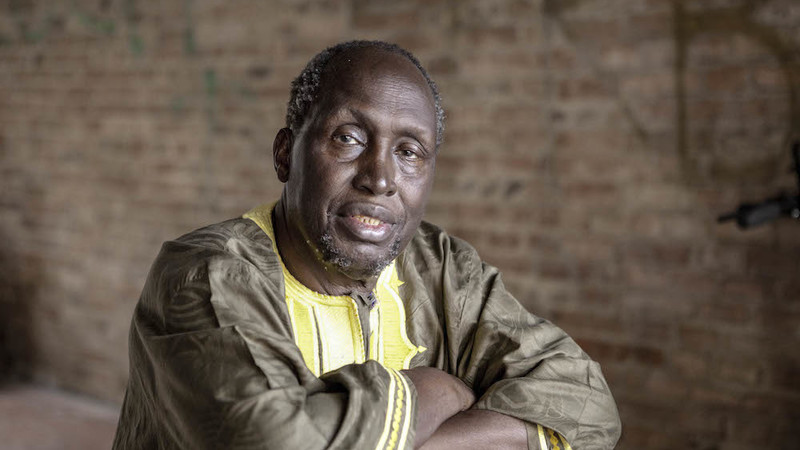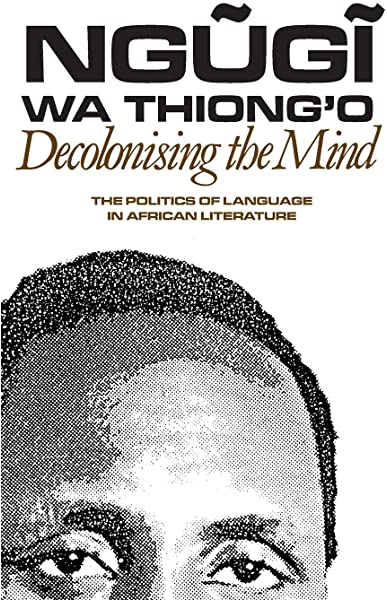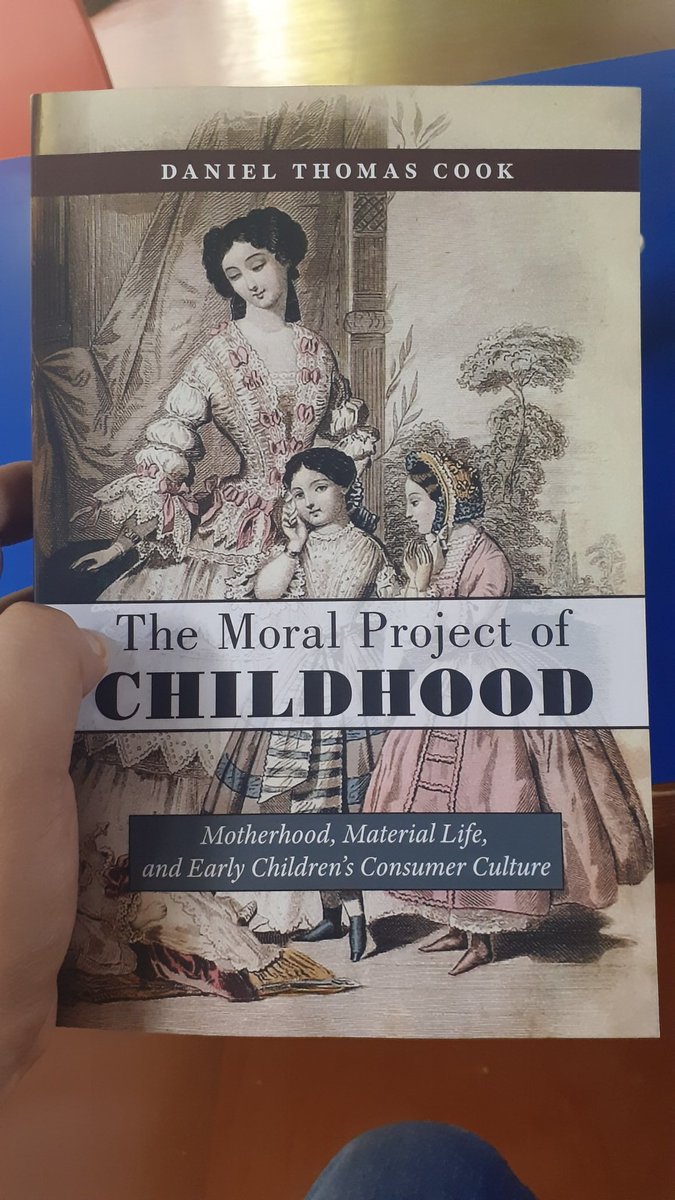
Gandhi’s arrival on the Indian political scene & his challenge to British rule saw some sharp responses from contemporary Western academia & media. One of the most sensational responses was from Katherine Mayo. (now we know that she was encouraged by the CIA to write the book). 

While Mayo laid claim to the academic objectivity, her account was so unremittingly negative that even the people in the US & Britain objected to her muckraking & one-sided portrayal. Her ‘objective’ account drew a portrait of India as a country, not yet ready for Independence.
The book was a journalistic coup. Not only more than 50 books and pamphlets were published in response to it, but it also led to a Broadway play and even made it to the movies. It profoundly affected the American and British perception of India.
This book had an interesting relationship with Gandhi, who described it as a drain inspector’s report. He wrote, “The book is cleverly and powerfully written. The carefully chosen quotes give it the false appearance of a truthful book.....” (continued)
“But the impression it leaves on my mind is that it is the report of a drain inspector sent out with the one purpose of opening and examining the drains of the country to be reported upon or to give a graphic description of the stench exuded by the opened drains.…” (continued)
“If Miss Mayo had confessed that she had come to India to merely open out & examine the drains of India, there would perhaps be little to complain about her compilation. But she declared her abominable & wrong conclusion with a certain amount of triumph; “the drains are India”.
~ Excerpts from The Ruler’s Gaze: A Study of British Rule Over India From a Saidian Perspective, by Arvind Sharma
• • •
Missing some Tweet in this thread? You can try to
force a refresh





